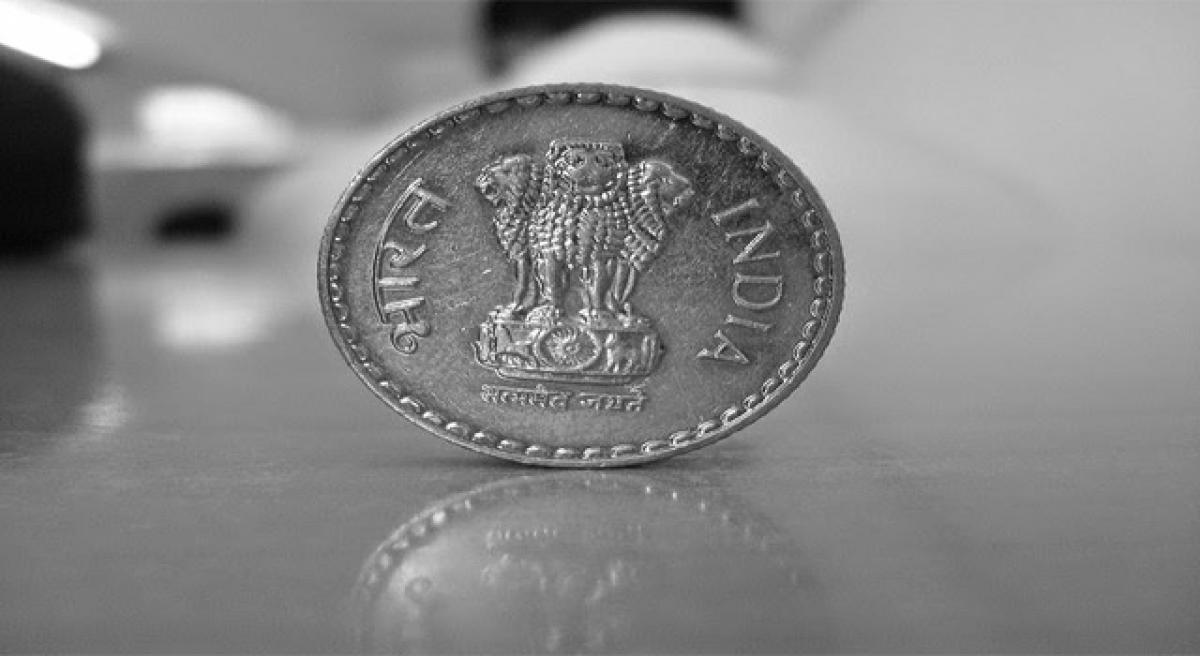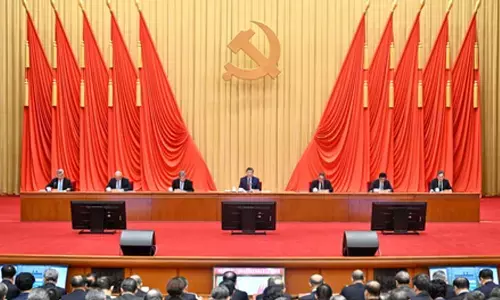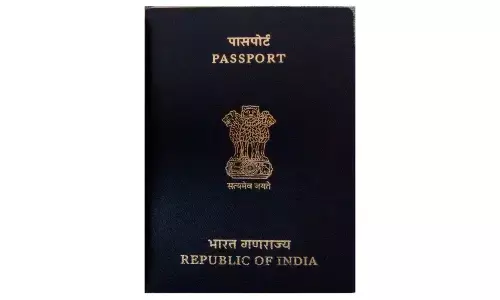Understanding Money and Financial Bill

While all Money Bills are Financial Bills, all Financial Bills are not Money Bills. For example, the Finance Bill which only contains provisions related to tax proposals would be a Money Bill.
How is a Money Bill different from a financial bill?
While all Money Bills are Financial Bills, all Financial Bills are not Money Bills. For example, the Finance Bill which only contains provisions related to tax proposals would be a Money Bill.
However, a Bill that contains some provisions related to taxation or expenditure, but also covers other matters would be considered as a Financial Bill. The Compensatory Afforestation Fund Bill, 2015, which establishes funds under the Public Account of India and states, was introduced as a Financial Bill.
| Money Bill | Finance Bill |
| A Bill is said to be a Money Bill if it only contains provisions related to taxation, borrowing of money by the government, expenditure from or receipt to the Consolidated Fund of India. Bills that only contain provisions that are incidental to these matters would also be regarded as Money Bills. | A Bill that contains some provisions related to taxation and expenditure, and additionally contains provisions related to any other matter is called a Financial Bill. Therefore, if a Bill merely involves expenditure by the government, and addresses other issues, it will be a financial bill. |
| A Money Bill may only be introduced in LokSabha, on the recommendation of the President. It must be passed in LokSabha by a simple majority of all members present and voting. Following this, it may be sent to the RajyaSabha for its recommendations, which LokSabha may reject if it chooses to. If such recommendations are not given within 14 days, it will deemed to be passed by Parliament. | A Financial Bill may only be introduced in LokSabha, on the recommendation of the President. The Bill must be passed by both Houses of Parliament, after the President has recommended that it be taken up for consideration in each House. |
Secondly, as highlighted above, the procedure for the passage of the two bills varies significantly. The RajyaSabha has no power to reject or amend a Money Bill. However, a Financial Bill must be passed by both Houses of Parliament.
Who decides if a Bill is a Money Bill?
The Speaker certifies a Bill as a Money Bill, and the Speaker’s decision is final.Also, the Constitution states that parliamentary proceedings as well as officers responsible for the conduct of business (such as the Speaker) may not be questioned by any Court.
Recently the Government of India has introduced and passed The Aadhaar (Targeted Delivery of Financial and Other Subsidies, Benefits and Services) Bill, 2016 and Insolvency and Bankruptcy code bill 2015 as money bill.
Art.110. Definition of "Money Bills".-
(1) For the purposes of this Chapter, a Bill shall be deemed to be a Money Bill if it contains only provisions dealing with all or any of the following matters, namely:-
(a) The imposition, abolition, remission, alteration or regulation of any tax;
(b) The regulation of the borrowing of money or the giving of any guarantee by the Government of India, or the amendment of the law with respect to any financial obligations undertaken or to be undertaken by the Government of India;
(c) The custody of the Consolidated Fund or the Contingency Fund of India, the payment of moneys into or the withdrawal of moneys from any such Fund;
(d) The appropriation of moneys out of the Consolidated Fund of India;
(e) The declaring of any expenditure to be expenditure charged on the Consolidated Fund of India or the increasing of the amount of any such expenditure;
(f) The receipt of money on account of the Consolidated Fund of India or the public account of India or the custody or issue of such money or the audit of the accounts of the Union or of a State; or
(g) Any matter incidental to any of the matters specified in sub-clauses (a) to (f).
Article 111 : Assent to Bills
When a Bill has been passed by the Houses of Parliament, it shall be presented to the President, and the President shall declare either that he assents to the Bill, or that he withholds assent therefrom:
Provided that the President may, as soon as possible after the presentation to him of a Bill for assent, return the Bill if it is not a Money Bill to the Houses with a message requesting that they will reconsider the Bill or any specified provisions thereof and, in particular, will consider the desirability of introducing any such amendments as he may recommend in his message, and when a Bill is so returned, the Houses shall reconsider the Bill accordingly, and if the Bill is passed again by the Houses with or without amendment and presented to the President for assent, the President shall not withhold assent therefrom.
Article 112 : Annual financial statement(commonly known as budget)
(1) The President shall in respect of every financial year cause to be laid before both the Houses of Parliament a statement of the estimated receipts and expenditure of the Government of India for that year, in this Part referred to as the “annual financial statement”.
Article 113 : Procedure in Parliament with respect to estimates
Article 114 : Appropriation Bills
(1) As soon as may be after the grants under article 113 have been made by the House of the People, there shall be introduced a Bill to provide for the appropriation out of the Consolidated Fund of India of all moneys required to meet –
(a) The grants so made by the House of the People; and
(b) The expenditure charged on the Consolidated Fund of India but not exceeding in any case the amount shown in the statement previously laid before Parliament.
(2) No amendments shall be proposed to any such Bill in either House of Parliament which will have the effect of varying the amount or altering the destination of any grant so made or of varying the amount of any expenditure charged on the Consolidated Fund of India, and the decision of the person presiding as to whether an amendment is inadmissible under this clause shall be final.
Article 116 : Votes on account, votes of credit and exceptional grants.
Article 117 : Special provisions as to financial Bills.














